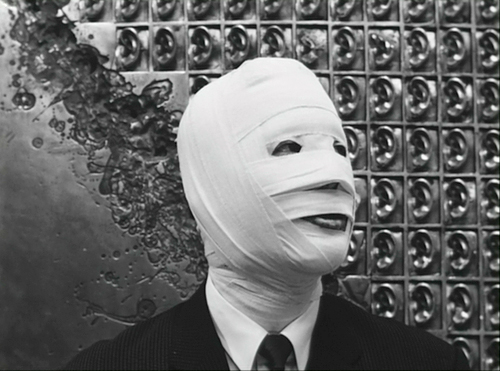We sense something is wrong and decide to make changes. That’s mostly a healthy impulse. But why work on the outer shell, why not first examine what lies beneath, where the pain resides? Perhaps there’s no quick fix that way, or maybe there are just too many cameras now, their pictures too clear and unforgiving. From a Financial Times report about Brazilian women of modest means who are unhappy, perhaps, with their looks, and have taken to plastic surgery in large numbers:
“The ward at Santa Casa where [Márcia] Valim hopes to have the procedure is funded by a charitable foundation set up by the country’s most famous plastic surgeon, Ivo Pitanguy, a man referred to in Brazil as ‘the pope of plastic surgery.’ Operations are performed by resident physicians who are training at Dr Pitanguy’s private clinic and who volunteer at the ward in Santa Casa hospital. Working for nothing, they provide cut-price and even free surgery for poorer women. Talking at his private clinic in Rio’s Botafogo district, Pitanguy says the public hospital initiative represents ‘one of the most important things I did in my life.’
Pitanguy established the ward 50 years ago, a decision that reflects his longheld belief – he is now 86 – that aesthetic surgery should be freely available. ‘It is easy to understand why [poor people] would need reconstructive surgery, but difficult to understand that aesthetic surgery is not a luxury,’ he says. ‘It’s something that’s deeper than that and should be available to everyone.’
The reason, he insists, is more complex than merely helping poorer women emulate in some small way the film stars, carnival singers and soap actors so beloved of celebrity-obsessed Brazil. Pitanguy sees his work as akin to a physical form of therapy. ‘Plastic surgery can bring dignity to your own image, and when you are happy with [that], you are happy with the world around you,’ he says. ‘This part of the equation brings a psychological aspect to plastic surgery. Many times when we operate we are like a psychologist with a knife in our hands.'”
Tags: Ivo Pitanguy, Márcia Valim

